The special issue’s concerns could easily be a passing ‘fad’ as the forces of the status quo bide their time. A focal point on race, necessary as it is, could elide class and material factors’ influence on world politics.
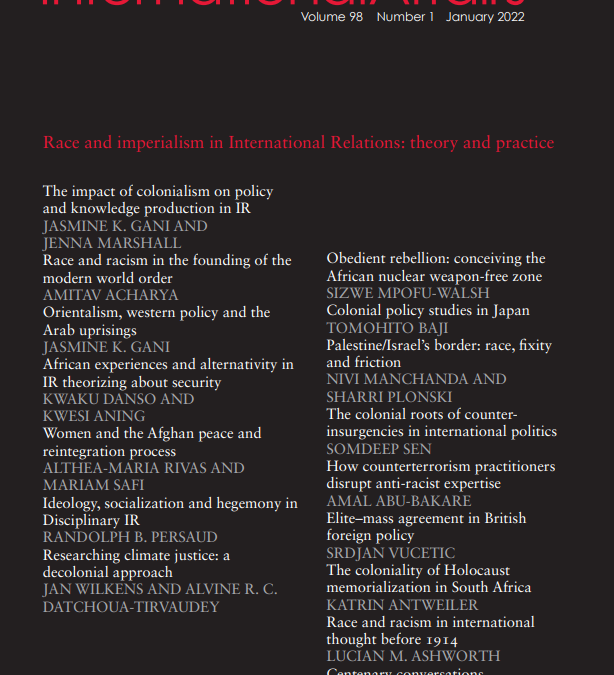

The special issue’s concerns could easily be a passing ‘fad’ as the forces of the status quo bide their time. A focal point on race, necessary as it is, could elide class and material factors’ influence on world politics.
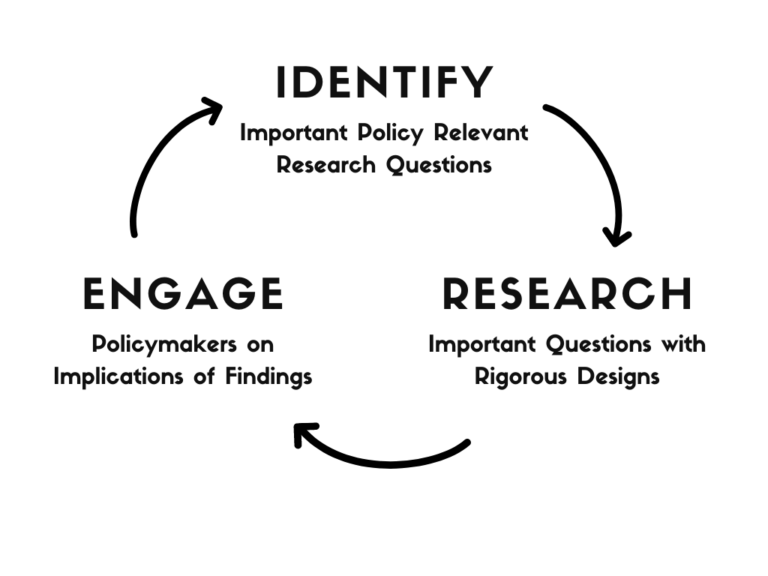
There is an increasing focus in academic and policy circles on research-policy partnerships. These partnerships are often achieved through co-creation, or “the joint production of innovation between...

Maybe the problem isn’t that scholars don’t know how to speak to U.S. foreign-policy makers, but rather that U.S foreign-policy makers don’t know how to engage with scholarship?
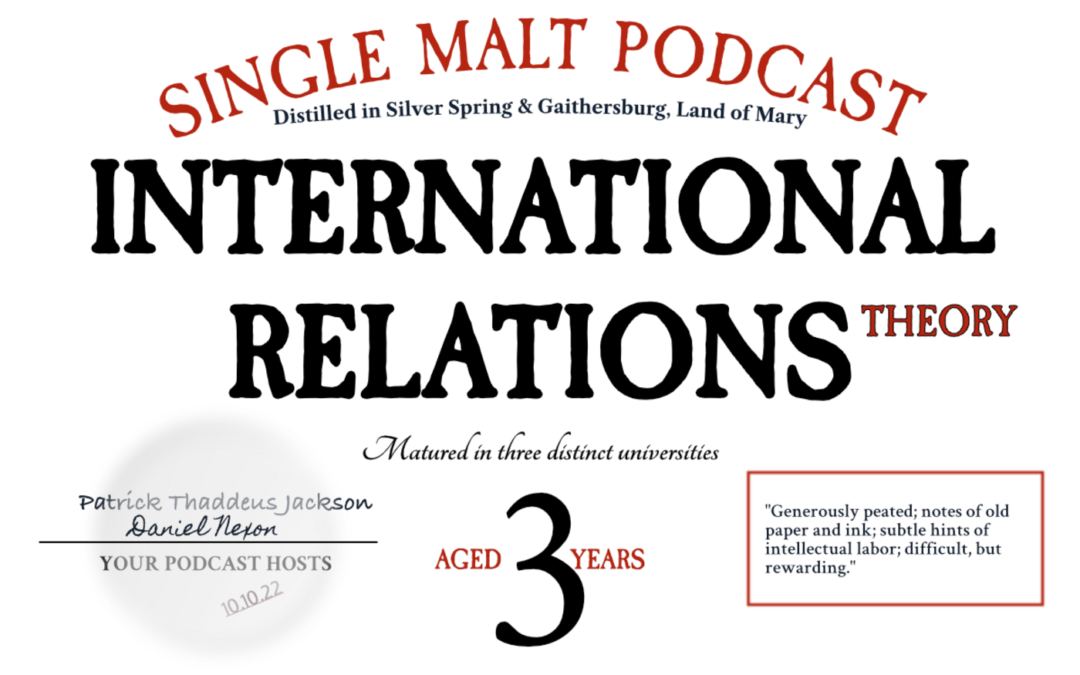
Don't miss the live recording of episodes 32 and 33 of Whiskey & IR Theory on June 21, 2023, starting at 3pm. We'll be taping at the BISA annual conference. Rumors suggest that there may be...
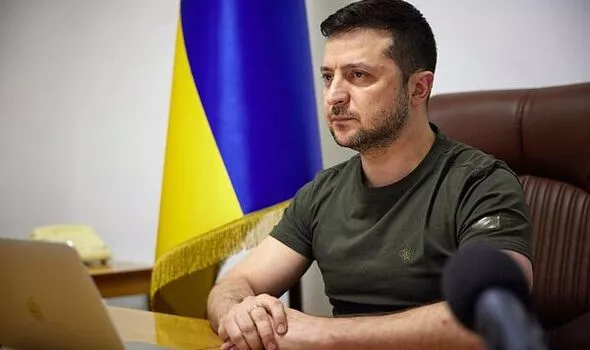
Two recent interviews in the New Yorker have received substantial attention in recent weeks. Unfortunately, taken together, they make the IR discipline look terrible. How can IR theorists demonstrate their discipline’s relevance in the face of rapidly changing historical events?
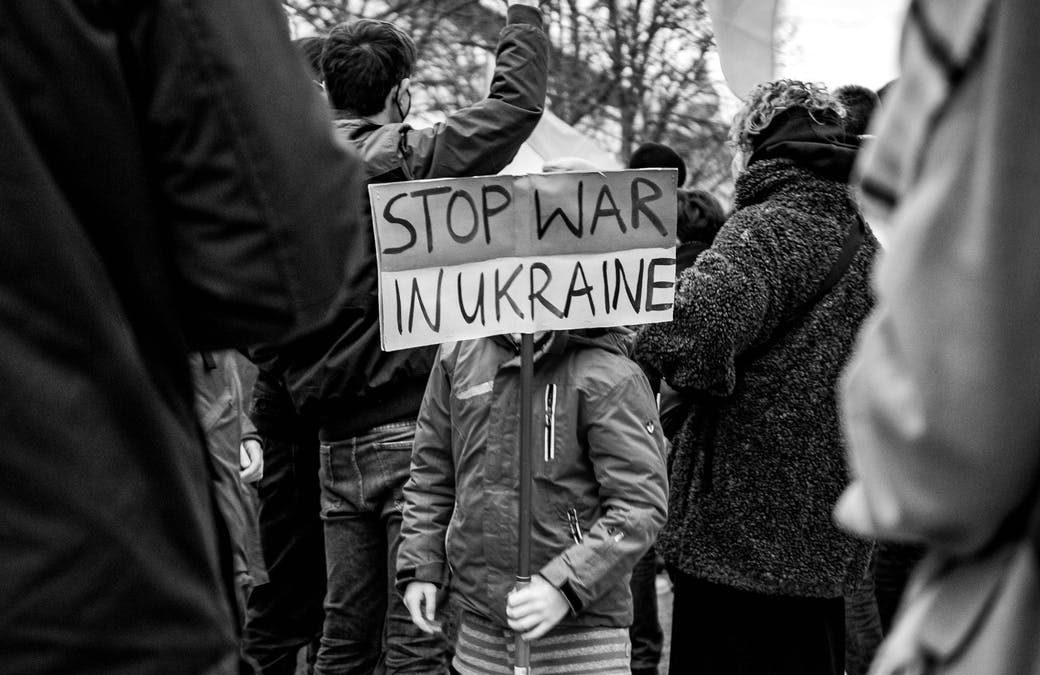
For Mearsheimer “freedom” and “prosperity” are simply weapons of great power politics rather than aspirations sought by the Ukrainian people.
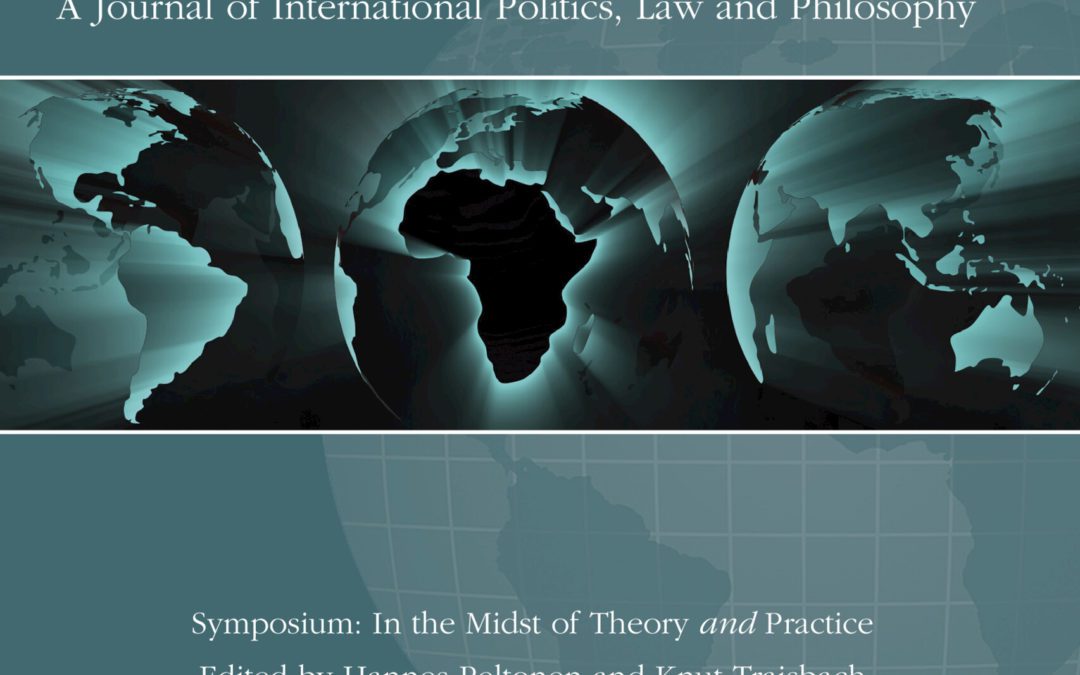
I wrote the first draft of “What’s it Like to Be a State?” sometime in late 2017, during an unusual time in both my personal life and my research career. I was about halfway through my PhD at the University of Cambridge and was feeling both immensely homesick and quite bored—trapped in a small town that felt ripped from the Victorian era. I filled my free time watching large numbers of pre-recorded NBA games and, also, for some reason, reading philosophy of mind….

I appreciate this opportunity to remark on Adam Lerner’s (hereafter, just ‘Adam’), excellent 2020 International Theory article on state consciousness. I recall first chatting with Adam about this paper when it was still in development, over a coffee in Prague at the 2018 European International Studies Association (EISA) annual meeting. Some of what I’ll mention here will be a rehashing – but also rethinking – of what I told him then. To cut to the chase, I still maintain my skepticism regarding how Adam’s article, and those like it, will be received in certain corners of International...

state takes precedence over their own lives. Focusing on states as persons distracts us from how violence travels across levels of analysis. States don’t do violence to one another. They inflict violence on actual living beings.

I have mixed feelings about Adam’s article. On the one hand, I think it does a very good job of outlining the realist metaphysical argument for treating states and other similar corporate actors as conscious, or as having minds, if you’re the sort of person who needs that. On the other hand, I am not the sort of person who needs that, and I’m not sure who is. To be clear, I think Adam has applied perspectives from the philosophy of mind in ways that critically examine...

A state of mind is a contagious thingSpread it around you never know what the future brings…Marillion, “State of Mind” n his later writings, Ludwig Wittgenstein spends quite a bit of time thinking about the problem of exactly what we are doing when we refer to the “inner” state of some entity, as juxtaposed with “outer” evidence of that entity’s behavior. We see someone grab at their arm and yell “ouch!”, and then their face contorts in a grimace, but Wittgenstein points out that this is not “outer” evidence of an “inner” mental state called “being in pain.” Rather,...

Way back in the summer I commissioned a symposium on Adam Lerner's provocative 2021 International Theory (vol. 13, no 2: 260-286) article, "What's it Like to be a State? An Argument for State Consciousness." Questions of consciousness pervade the social sciences. Yet, despite persistent tendencies to anthropomorphize states, most International Relations scholarship implicitly adopts the position that humans are conscious and states are not. Recognizing that scholarly disagreement over fundamental issues prevents answering definitively whether states are truly conscious, I instead demonstrate...